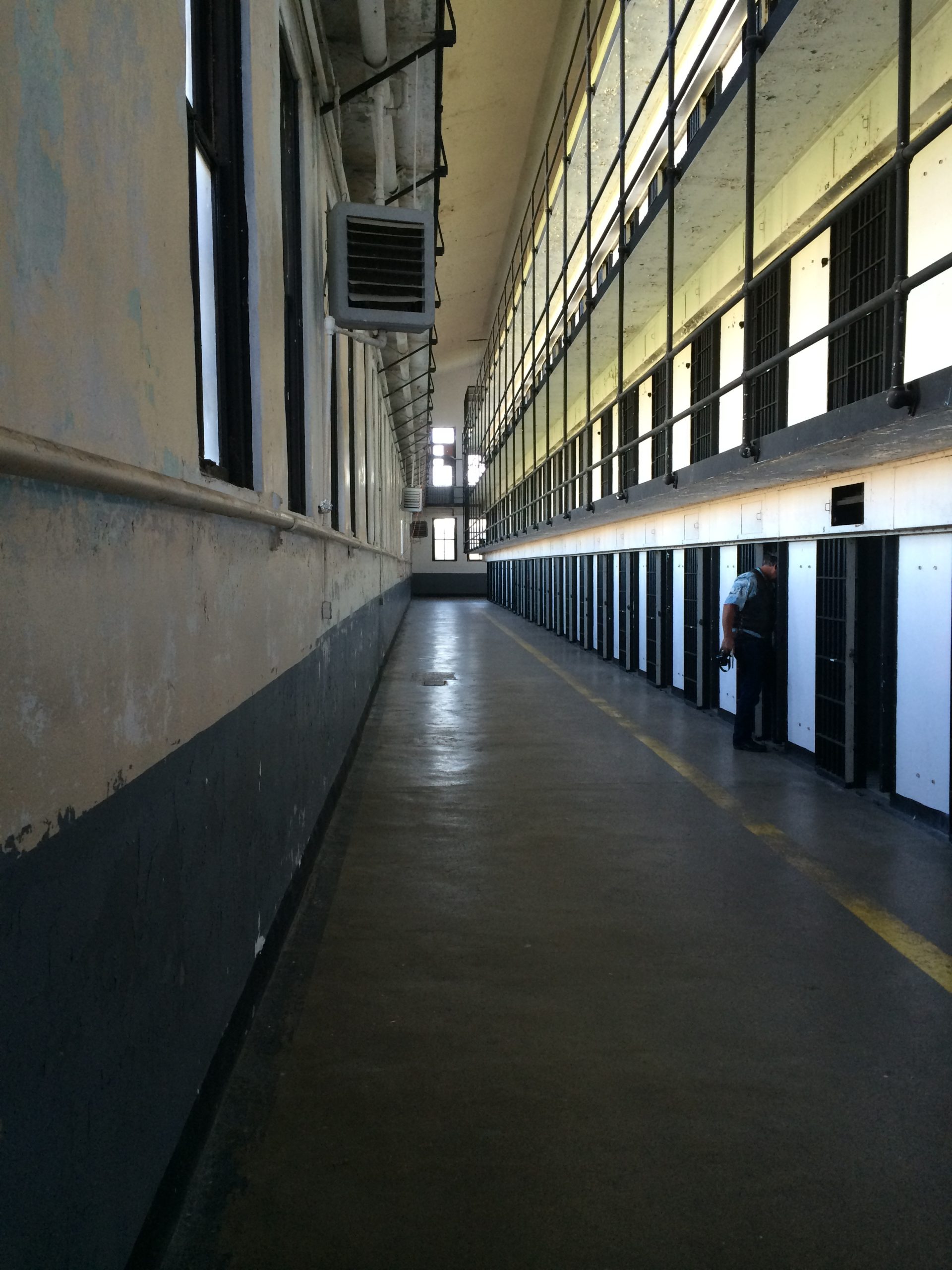 Imagine the hardships of being denied basic necessities solely because of a disability. In such cases, how can individuals with disabilities navigate the legal system to seek justice and equal treatment? These questions gain significant relevance when we examine recent allegations of denied accommodations and rights violations. This situation sheds light on the challenges confronted by individuals with disabilities and raises important considerations regarding the responsibility of institutions to provide reasonable accommodations. The pursuit of justice and equal rights is a fundamental principle in any democratic society, yet there are instances where individuals encounter substantial obstacles, particularly in cases involving accessibility rights.
Imagine the hardships of being denied basic necessities solely because of a disability. In such cases, how can individuals with disabilities navigate the legal system to seek justice and equal treatment? These questions gain significant relevance when we examine recent allegations of denied accommodations and rights violations. This situation sheds light on the challenges confronted by individuals with disabilities and raises important considerations regarding the responsibility of institutions to provide reasonable accommodations. The pursuit of justice and equal rights is a fundamental principle in any democratic society, yet there are instances where individuals encounter substantial obstacles, particularly in cases involving accessibility rights.
Sherman Mealy, a paraplegic confined to a wheelchair, faced significant difficulties while in East Baton Rouge Parish Prison. After his release, he filed a lawsuit against Sheriff Sid J. Gautreaux III, the City, and Parish. Mealy alleged that he was denied wheelchair-accessible showers and had to rely on other inmates for assistance. He also claimed that he was denied crucial medical supplies, resulting in physical injury, property damage, and emotional distress.
Mealy’s lawsuit was based on violations of the Americans with Disabilities Act (ADA), Rehabilitation Act, and 42 U.S.C. § 1983. The ADA, Rehabilitation Act, and 42 U.S.C. § 1983 aim to protect the rights of individuals with disabilities. These laws ensure equal access to public services, prohibit disability-based discrimination and enable individuals to seek remedies for rights violations. Mealy argued that the defendants failed to provide reasonable accommodations for his disability. Denying him wheelchair-accessible showers and essential medical supplies worsened the challenges he faced during his incarceration.
 Insurance Dispute Lawyer Blog
Insurance Dispute Lawyer Blog


 A minor is generally unable to bring a lawsuit on their behalf. As seen in the following case, this can lead to disputes about who the proper party is to bring a lawsuit for the minor.
A minor is generally unable to bring a lawsuit on their behalf. As seen in the following case, this can lead to disputes about who the proper party is to bring a lawsuit for the minor.  The world of mortgages can be daunting, especially when it involves your most significant asset – your home. This is especially true when there are multiple property owners, or there have been multiple transactions and conveyances of this property. Ensuring the validity of a mortgage is paramount, and as the following case demonstrates, strict requirements must be met to safeguard property owners’ rights. It also helps answer the question; What happens if a mortgage is recorded without a legal description of the property?
The world of mortgages can be daunting, especially when it involves your most significant asset – your home. This is especially true when there are multiple property owners, or there have been multiple transactions and conveyances of this property. Ensuring the validity of a mortgage is paramount, and as the following case demonstrates, strict requirements must be met to safeguard property owners’ rights. It also helps answer the question; What happens if a mortgage is recorded without a legal description of the property? Mistakes are inevitable in human experiences, but some mistakes can have significant legal consequences. Just like regular folks, courts are infallible and make mistakes as well. What happens when a court fails to include all required information in a judgment? Such a failure creates confusion and can impede the appeals process and delay justice for the parties involved, as seen in the following case.
Mistakes are inevitable in human experiences, but some mistakes can have significant legal consequences. Just like regular folks, courts are infallible and make mistakes as well. What happens when a court fails to include all required information in a judgment? Such a failure creates confusion and can impede the appeals process and delay justice for the parties involved, as seen in the following case. Settling a lawsuit can have many far-reaching effects. Not only will it result in the dismissal of your lawsuit, but it could also affect things such as your social security benefits. Therefore, it is important that you consult with an attorney and carefully consider if a settlement is in your best interest. Additionally, as seen in this case, if you accept a settlement offer, you must ensure the related court order includes all required aspects so you do not have to deal with unintended consequences.
Settling a lawsuit can have many far-reaching effects. Not only will it result in the dismissal of your lawsuit, but it could also affect things such as your social security benefits. Therefore, it is important that you consult with an attorney and carefully consider if a settlement is in your best interest. Additionally, as seen in this case, if you accept a settlement offer, you must ensure the related court order includes all required aspects so you do not have to deal with unintended consequences.  When you think about sexual harassment claims, the first thing that likely comes to mind is a superior harassing another employee. However, what happens if the superior instructs another employee to date a prospective client?
When you think about sexual harassment claims, the first thing that likely comes to mind is a superior harassing another employee. However, what happens if the superior instructs another employee to date a prospective client?  If part of a car falls on you at a vehicle yard, you should be able to recover damages for your injuries from the yard owner. However, if you do not provide sufficient evidence, you will likely be unable to recover for your injuries.
If part of a car falls on you at a vehicle yard, you should be able to recover damages for your injuries from the yard owner. However, if you do not provide sufficient evidence, you will likely be unable to recover for your injuries. If you’ve been involved in a car accident and are considering filing a lawsuit, it’s essential to be aware of one crucial aspect often overlooked – the appropriate court venue. Venue refers to the location where a lawsuit is filed, and getting it right is crucial for the court to have jurisdiction, granting it the legal authority to issue judgments in the case.
If you’ve been involved in a car accident and are considering filing a lawsuit, it’s essential to be aware of one crucial aspect often overlooked – the appropriate court venue. Venue refers to the location where a lawsuit is filed, and getting it right is crucial for the court to have jurisdiction, granting it the legal authority to issue judgments in the case. Getting terminated from a job is always a stressful situation. You are likely concerned about how you are going to make ends meet. This is even more true if you believe your former employer has not paid you all the wages you are entitled to.
Getting terminated from a job is always a stressful situation. You are likely concerned about how you are going to make ends meet. This is even more true if you believe your former employer has not paid you all the wages you are entitled to.  Prisoners, like all individuals, retain their constitutional rights even while incarcerated. However, proving a violation of these rights within the prison system can be challenging, as demonstrated in the following case. This case considers what a prisoner must show to succeed in a lawsuit against a prison supervisor alleging a constitutional violation.
Prisoners, like all individuals, retain their constitutional rights even while incarcerated. However, proving a violation of these rights within the prison system can be challenging, as demonstrated in the following case. This case considers what a prisoner must show to succeed in a lawsuit against a prison supervisor alleging a constitutional violation.